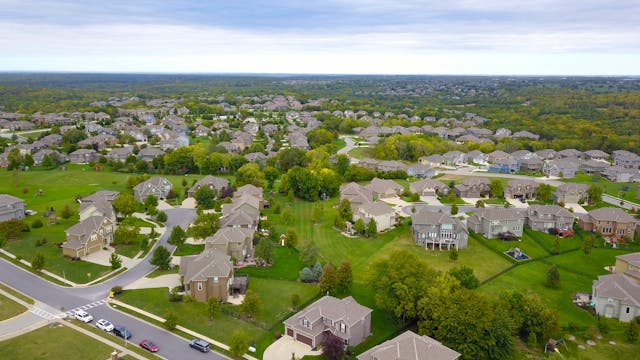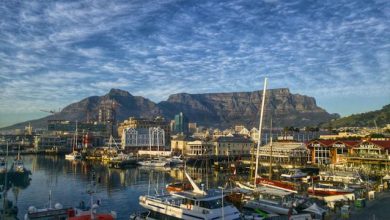Exploring Africa’s Most Expensive Property Markets in 2024

As Africa experiences economic growth and rapid urbanization, the demand for housing has surged, significantly impacting property prices across the continent.
In this article, we delve into the top cities in Africa with the most expensive real estate markets in 2024, shedding light on the economic factors driving these trends and the investment opportunities they present.
Understanding the Property Market Dynamics:
The real estate sector in Africa is poised for substantial growth, with projections indicating a market value of $15.98 trillion by 2024. Notably, residential real estate dominates the market, with an estimated volume of $13.39 trillion in the same year.
This growth trajectory is expected to continue, with an annual growth rate of 5.92% forecasted between 2024 and 2028, culminating in a market volume of $20.11 trillion by 2028.
Insights from Numbeo:
Numbeo, renowned for its economic index, provides valuable insights into property prices across African cities.
In its 2024 report, Numbeo highlighted cities where housing leans towards the higher end of the price spectrum, indicating a higher price-to-income ratio—a fundamental measure of apartment purchase affordability.
ALSO READ: Golden Visas: 4 African Countries Offering Golden Visa Opportunities
Exploring the Top 10 African Cities:
- Douala, Cameroon (Price-to-Income Ratio: 48.3): Securing the top spot, Douala boasts the most expensive property prices in Africa, signaling robust economic activity and urban development.
- Addis Ababa, Ethiopia (Price-to-Income Ratio: 45.2): Following closely, Addis Ababa reflects the burgeoning real estate market in Ethiopia, driven by rapid urbanization and infrastructure development.
- Algiers, Algeria (Price-to-Income Ratio: 24.0): Algiers emerges as a prominent player in Africa’s real estate landscape, offering investment opportunities amidst economic growth.
- Alexandria, Egypt (Price-to-Income Ratio: 18.9): Egypt’s coastal city showcases a competitive property market, attracting investors with its strategic location and economic prospects.
- Cairo, Egypt (Price-to-Income Ratio: 17.7): Cairo, Egypt’s vibrant capital, presents diverse investment avenues in real estate, reflecting its status as a key economic hub.
- Rabat, Morocco (Price-to-Income Ratio: 16.8): Rabat, the political and administrative capital of Morocco, features a thriving property market driven by government initiatives and infrastructure projects.
- Casablanca, Morocco (Price-to-Income Ratio: 15.8): As one of Africa’s leading financial centers, Casablanca offers attractive investment opportunities in real estate, supported by its dynamic economy.
- Tunis, Tunisia (Price-to-Income Ratio: 15.1): Tunisia’s capital city, Tunis, showcases resilience in its property market, reflecting stable economic fundamentals and investment-friendly policies.
- Nairobi, Kenya (Price-to-Income Ratio: 11.1): Nairobi, East Africa’s economic powerhouse, continues to attract investors with its vibrant real estate sector and strategic location as a regional hub.
- Cape Town, South Africa (Price-to-Income Ratio: 5.4): Rounding off the list, Cape Town stands out for its scenic beauty and diverse property market, offering investment opportunities across various segments.
Conclusion:
Africa’s real estate landscape presents a dynamic mix of challenges and opportunities, with certain cities emerging as hotspots for property investment.
Understanding the economic dynamics and market trends is crucial for investors seeking to capitalize on the continent’s growth potential in the real estate sector.
References:





